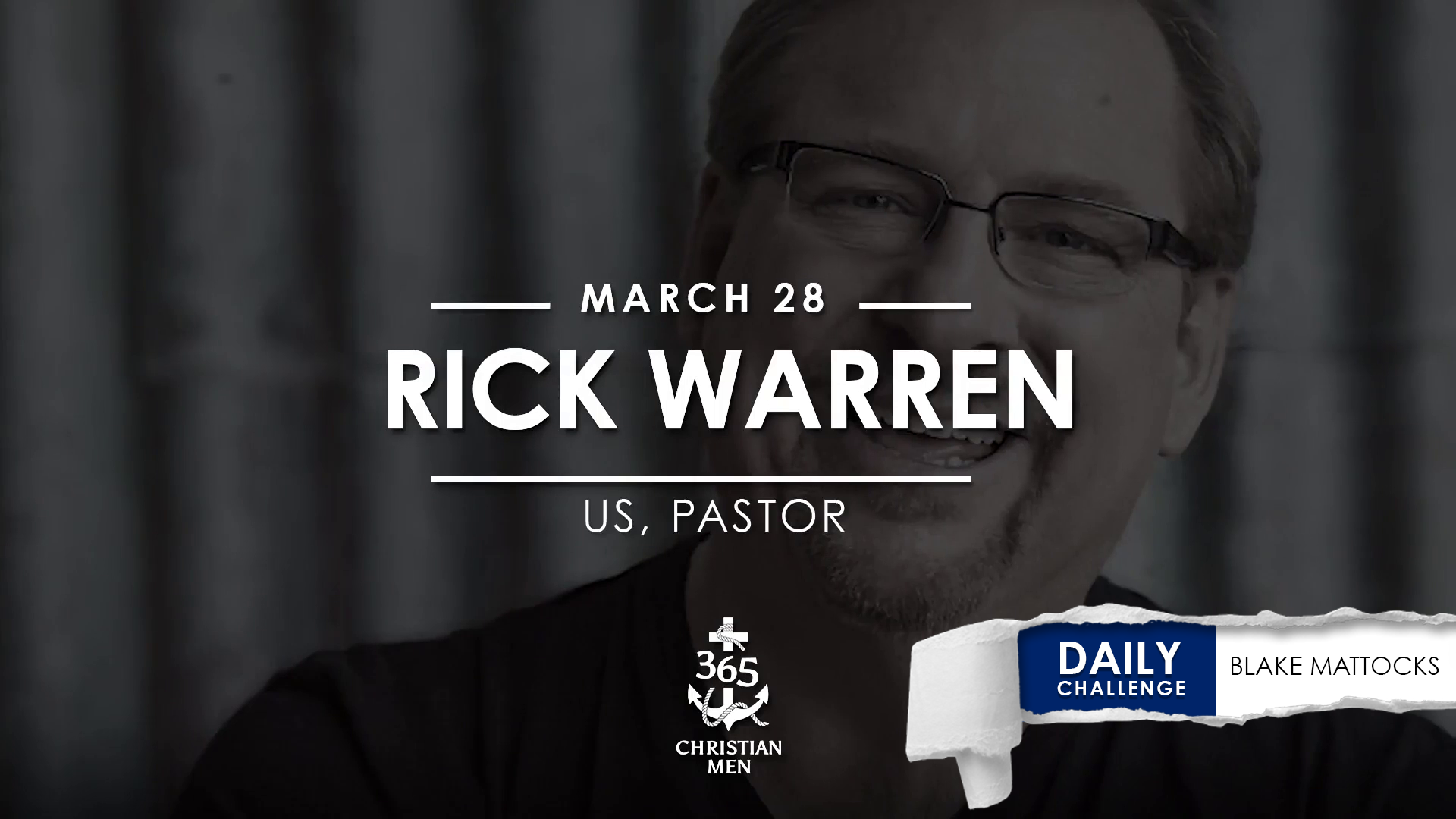March 29. John Wooden. John is best known for his phenomenal success as the coach of the UCLA Bruins basketball team. But he was also the first person to be inducted into the Naismith Memorial Basketball Hall of Fame in two roles: player and coach.
John defines success, both on and off the basketball court, in terms of discipline, patience, and humility: “Talent is God-given,” he said. “Be humble. Fame is man-made. Be grateful. Conceit is self-given. Be careful.”
John began playing basketball on his family farm, after he was done with chores and schoolwork. He played in high school and college, and then taught high school English and served as coach for several high school sports.
On this date in 1975, John announced his retirement from UCLA. He had coached there for 27 years, and his teams had won 10 national titles. Here’s today’s story.
The littlest things can make big things happen.
The “Wizard of Westwood” didn’t have any magic potions, but man, could he win games!
In one twelve-year period, John won ten NCAA championships. High school and college, he coached athletes for forty years.
Picture this: UCLA freshmen show up at their first basketball practice with the legendary John Wooden. They’re geeked. They know it’s going to be a tough workout. They know they’re going to learn the John Wooden ways. They know they’re going to be champions.
But the Assistant Coach tells them to go to the locker room, sit, and wait.
And there they sit. After a few minutes, the boys quiet down. The locker room door opens.
Heads turn; necks crane.
Into the crowded locker room, John strides and pulls out a chair and sits and pulls off his shoes and socks.
Players look at each other. They’re thinking: Is this guy nuts?
Finally, John explains that the first lesson is how to properly put on their shoes and socks.
Some players’ faces crinkle. Some look confused. Some tense up.
“We were shocked,” champion Bill Walton said. “Coach told us that learning how to put on your socks and shoes properly was the initial lesson for everything we’d need to know for the rest of our lives.”
John instructed the players to sit in a circle and take off their shoes and socks. On Kareem Abdul-Jabbar’s first day of practice, he mumbled, “What are we? In kindergarten?”
John announced that anyone who didn’t want to sit in a circle and pull off his shoes and socks—could leave.
Abdul-Jabbar sat in the circle and pulled off his shoes and socks.
With great patience and attention to detail, John went through the putting-on process. He taught that the athletes must pull the sock up without folds and creases because—if they didn’t—wrinkles would pop up. And if wrinkles popped up, they would cause blisters. And if the player got blisters, he would lose playing time. And if he was good enough and lost playing time, the coach might get fired.
This was a weird coach, the guys thought. He was all right.
John then taught the players how to lace up their shoes—the correct way. Pull the laces tight and even. Double-knot your shoestrings, so they don’t come unlaced in a game. So you don’t fall on your face.
Before they could play varsity ball as sophomores, they had to master the fundamentals as freshmen. They were expected to tuck in their shirts. They were sent for haircuts. And when they returned to practice, John might send them back for another visit with the barber. The players had to learn that the little things they do now determine what happens in the future.
ESPN named John Wooden “Coach of the Century.” Not of the year or of the decade. Not Coach of a certain sport. Just—Coach of the Century.
Jesus said, “He who is faithful in a very little thing is faithful also in much; and he who is unrighteous in a very little thing is unrighteous also in much” (Luke 16:10 NASB).
Are there little things in your life that need attention? Little things make big things happen.
“About Coach Wooden.” Success Presents. Accessed September 5, 2020. https://www.thewoodeneffect.com/about-coach/.
Wooden, John, and Steve Jamison. Wooden: A Lifetime of Observations and Reflections on and Off the Court. New York City: Contemporary Books, 1997.
D’Amelio, Tony. “Bill Walton: Learning to Lace My Shoes was a John Wooden Success Lesson.” D’amelio Network Speaker Management. Published July 11, 2017. http://blog.damelionetwork.com/sports-motivational-speaker-bill-walton-learning-to-tie-shoes-was-john-wooden-success-lesson-for-life.
Wooden, John, and Jamison, Steve, Wooden A Lifetime of Observations and Reflections on and Off the Court . New York City: Contemporary Books, 1997.
Story read by Chuck Stecker
Would You Like to Learn More About This Man?
John got started in basketball in a barn. He and his three brothers Maurice, Daniel, and William—played with a homemade basketball and a bottomless tomato basket for a hoop.
“Talent is God given. Be humble. Fame is man-given. Be grateful. Conceit is self-given. Be careful.”
~John Wooden
“Young people need models, not critics.”
~John Wooden















